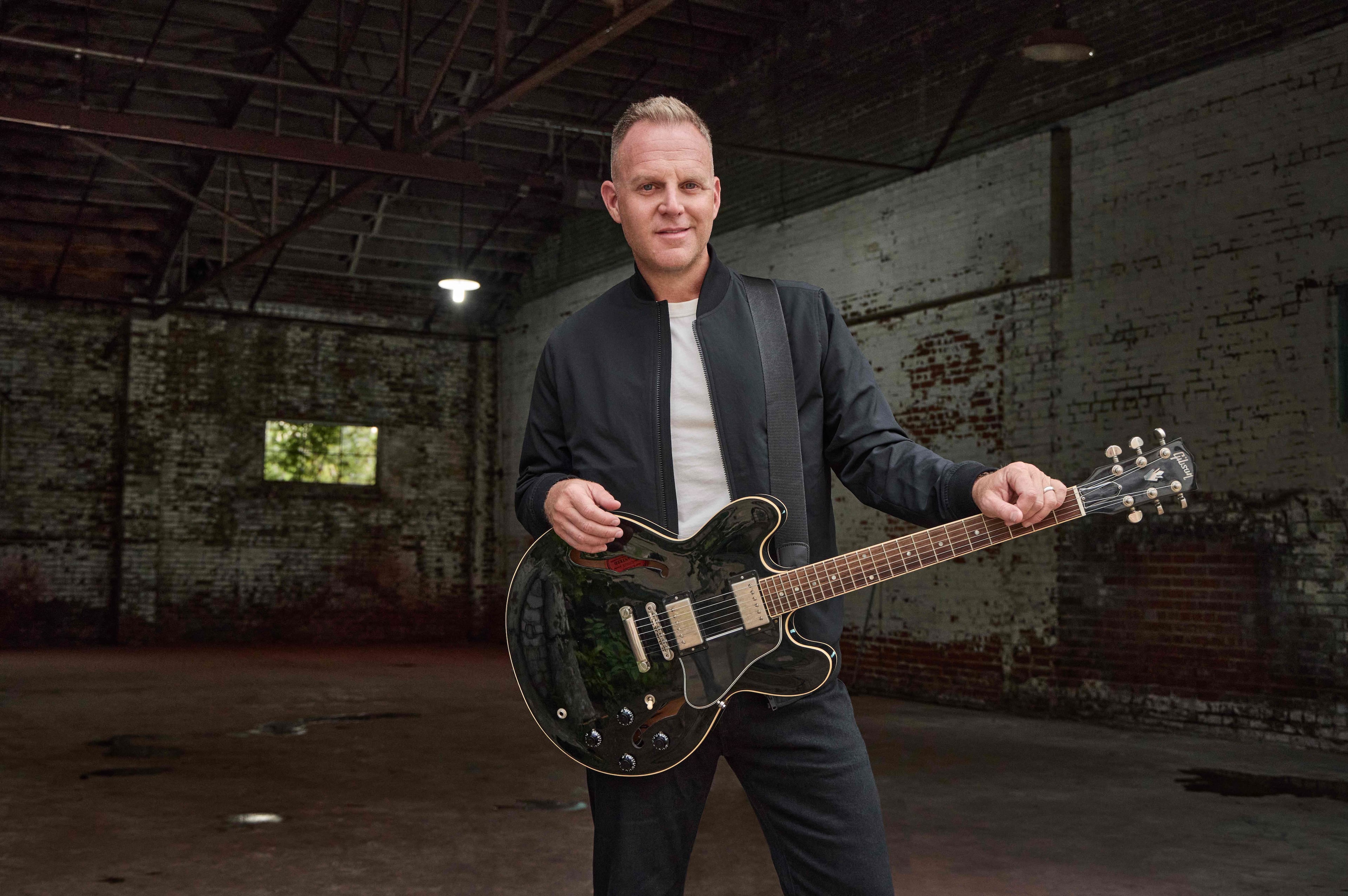Book review: ‘Beyond Katrina: A Meditation on the Mississippi Gulf Coast'
“People carry with them the blueprints of memory for a place,” says Natasha Trethewey, referring to the residents of her hometown, North Gulfport, Miss. “It is not uncommon to hear directions given in terms of landmarks that are no longer there: ‘Turn right at the corner where the fruit stand used to be.’”
That fruit stand, one of many signposts in the African-American neighborhood where Trethewey grew up, disappeared in August 2005, when Hurricane Katrina made landfall.
In its wake, no recognizable landmarks remain along the coast. Churches, businesses and homes were damaged or lost, many of them yet to be rebuilt. Neighbors, friends and relatives were displaced, or now live in trailers, unable to return to their homes. The world Trethewey grew up in is in danger of disappearing altogether.
“Beyond Katrina,” is the Pulitzer Prize-winning poet’s slender but powerful tribute to this threatened world. Its themes—competing narratives of history, the responsibility of the living to remember the dead, the intermingling of remembering and forgetting—echo Trethewey’s “Native Guard” (2007), a collection of poems that memorialized one of the first black Union regiments of the Civil War who helped to rebuild the South, afterward all but forgotten, their island graves washed away without trace.
“Landmarks,” writes Trethewey, who now lives in Atlanta and teaches creative writing at Emory University, “are the monuments of our pasts, the things that reassure us that our history has some kind of permanence. To see them gone is, in some ways, to see ourselves and our pasts condemned to forgetting.”
The remembering in “Beyond Katrina” began with a visit home in 2007, which Trethewey first wrote about for a series of lectures at the University of Virginia about recovery and rebuilding in the aftermath of Katrina. Later, she began to see how the story of her family, and particularly her brother, Joe, might reflect the larger story about the losses and devastation she observed throughout the Gulf Coast.
Poems, letters and photographs flesh out her portrait of the North Gulfport community over the years, a history interwoven with that of her family, who settled there at the turn of the century. Trethewey’s great-uncle, Son Dixon, built affordable housing and ran his popular “Owl Club” during the ’40s and ’50s, when “the longest man-made beach in the world” encouraged waterfront development of restaurants and hotels. In the early 1990s, her brother, Joe, got his start in the casino industry, when its growth further stressed the area’s fragile ecology.
This long-term disregard for the environment, Trethewey hints, has paved the way for a similar disenfranchisement of the Gulf Coast culture and communities.
Interviews with local business owners, neighbors and family reveal the inequity of the post-Katrina economy, where FEMA requirements make home repairs too expensive for many and an entire historic neighborhood in Biloxi gives way to a $700 million casino and resort. While, she says, most federal funding goes to more affluent homeowners, insurance and utility companies, Trethewey finds that affordable homes damaged by the hurricane deteriorate in the “rain and our absence and the passage of time” until they’re condemned or torn down.
Trethewey’s brother was particularly hard hit. An independent contractor, Joe could not afford to repair his rental houses or find other work. When he yielded to the temptation of a lucrative drug deal, he was arrested and sent to prison, where he wrote to his sister. His letters, like her book, are “meditations…a process of personal recovery that is beyond the rebuilding of his life that will have to take place later.”
In this sense, notes Trethewey, the destruction of Hurricane Katrina has never ended. “Everywhere I go during my journey,” she writes, “I feel the urge to weep not only for the residents of the coast but also for my former self.”
Yet her ability to extend that empathy to the people of the Gulf Coast leaves us strangely hopeful. As she rebuilds for herself and others “so many of the recognizable markers that tied them to the past and to their former selves,” she again takes on the role of trusted guard—a “native daughter” preserving the dignity and history of her native ground.
NONFICTION
"Beyond Katrina: A Meditation on the Mississippi Gulf Coast"
By Natasha Trethewey
University of Georgia Press, $22.95, 160 pages
Author event
Natasha Trethewey joins poet Kyle Dargan for the Cave Canem reading, 4 p.m., Oct. 28. Free. Cosby Academic Center Auditorium, Spelman College, 350 Spelman Lane, Atlanta. Information: Sharan Strange, 404-270-5591, www.spelman.edu.
See video of Trethewey reading her poem "Liturgy."
See video of Trethewey discussing "Beyond Katrina."

